Fate/Stay Night Remastered
07 Aug 2024
All releases
07 Aug 2024 - Nintendo Switch
07 Aug 2024 - PC (Microsoft Windows)
Tags
Time to beat
Main story
Main story + extras
100% completion
A remastered version of Fate/Stay Night, a fantasy action drama visual novel and TYPE-Moon's first-ever commercial release in 2004. Based on the 2012 release of Réalta Nua, it features a series-first adaptation into languages such as English and Simplified Chinese, as well as graphics and animations rendered in full HD. Experience in vivid detail the story of Shirou Emiya, a teenage boy with dreams of becoming a Hero of Justice, and his battle revolving around the omnipotent wish-granting vessel, the Holy Grail.
The Holy Grail War is a ritual held in Fuyuki City by magi grasping to reach the Root. Seven magi, known as Masters, gather to compete over possession of the Holy Grail, which possesses the power to fulfill any of its bearer's wishes. They fight other Masters for supremacy by summoning Heroic Spirits, known as Servants, called upon by the Holy Grail. However, throughout the past four Holy Grail Wars, history has yet to see a single victor. During the Fourth Holy Grail War ten years ago, Shirou Emiya was saved from amidst the fires of war by the self-proclaimed mage Kiritsugu Emiya. The young Shirou started living with Kiritsugu and persistently asked for instruction in magecraft, much to the mage's disapproval. On the night prior to Kiritsugu's death, Shirou promised his adoptive father that he'll become a Hero of Justice. Fast forward to the present. On one quiet eve, Shirou gets involved in the Holy Grail War and is assailed by a Servant. Just as the glint of steel threatens to take his life, a girl clad in knightly armor appears to stop the fatal attack. The Servant, who came to the rescue of the would-be Hero of Justice, and the Master, saved by the Heroic Spirit of the Sword; their fates are in motion...
| Audio | Subtitles | Interface | |
|---|---|---|---|
| Japanese | ✓ | ✓ | ✓ |
| Chinese (Simplified) | ✓ | ✓ | |
| English | ✓ | ✓ |
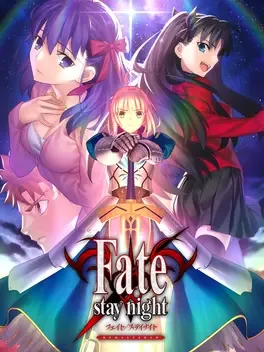














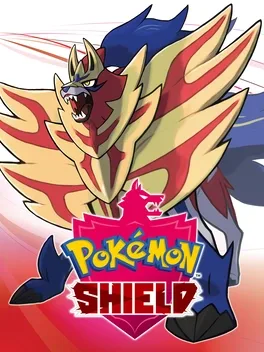
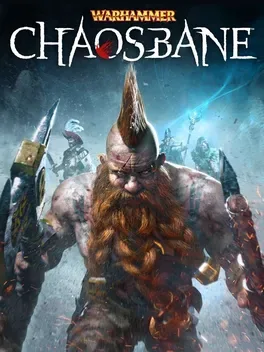
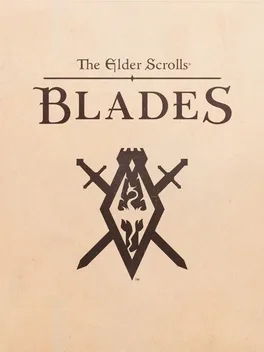
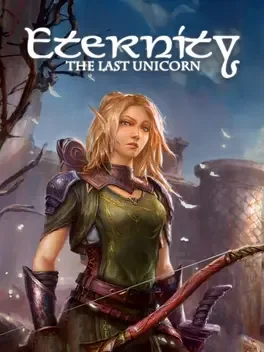
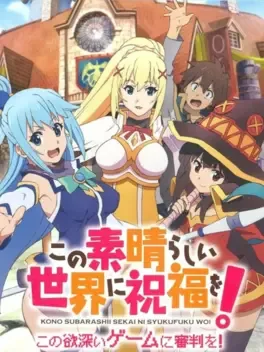
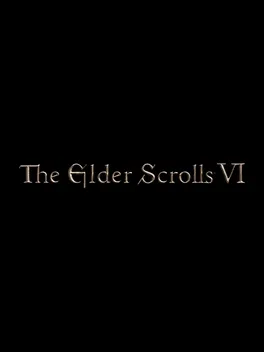
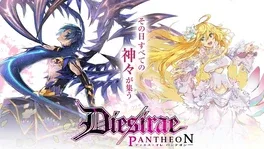
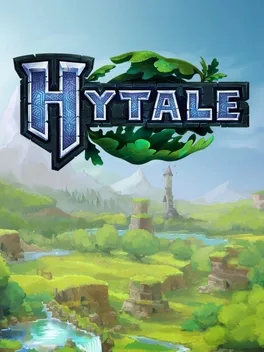
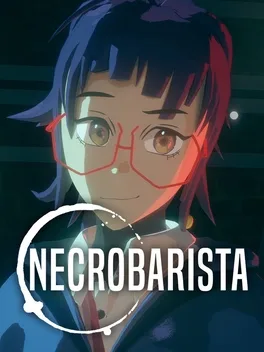
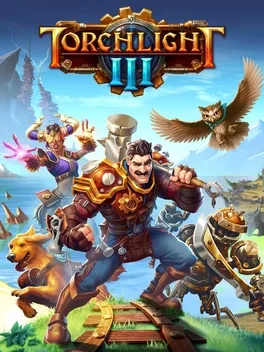
The closest I’ve come to this kind of game before is Digimon Survive, which was in part a visual novel but alternated this with tactical RPG and turn-based combat elements. This allowed the game to move away from the reams of script and dialogue and vary up the gameplay. Though the original of this remaster was back in 2004, this game desperately needed some kind of reprieve from purely reading to keep it engaging. If it wasn’t for the skip function which allowed me to zoom through dialogue, I would not have gotten through the game at all. It would have been far too tedious for me.
Despite the multiple endings to the game, a disappointing number of your choices don’t mean anything. The game still keeps on the rails by forcing you to make decisions that are ‘in character’. Making a decision the game doesn't like will just lead to your death which will result in you entering a ‘Tiger Dojo’ where you get feedback on why your decision was wrong and then it restarts you back at said decision to follow the intended pathway. While some choices will get you to alternate endings, the game largely presents only the illusion of choice and forces you to adhere to the story the game wants to tell, which for me was the biggest disappointment and frustration.
There were two other elements of the story that were really off-putting to me, and these also apply to the anime/movies that adapt it. The first was the fan-service slice of life elements of it, which I understand is objectively popular and super common in Japanese media, but it eclipses the unique brilliance of the whole premise of a war between mages who summon the spirits of heroes from a range of different cultures and mythologies (i.e. Greek, Mongolian, Arthurian etc) to do battle for a wish-granting grail. The other element is the main character Shirou Emiya. You have three great female characters in Rin, Saber, and Sakura, but their relevance to the overall narrative is largely contingent on whether or not they are pursued romantically by Emiya, who is frustratingly inept even at the best of times and the least compelling part of the game. The story is better off without him, and indeed the parts of the game that followed Rin only were much more enjoyable.
Though I didn’t play the original, I can still appreciate the remaster for its musical score, character designs, and transition animations. Though the action sequences were few and far between, they were the most enjoyable part of the game, but overall, the sheer volume of reading without any kind of deviation whatsoever kept me from playing again to experience the alternate routes. Indeed, it’s not a ‘game’ since there really isn’t any gameplay at all. It’s a visual novel, which is worth reiterating to anyone going in blind like I did.